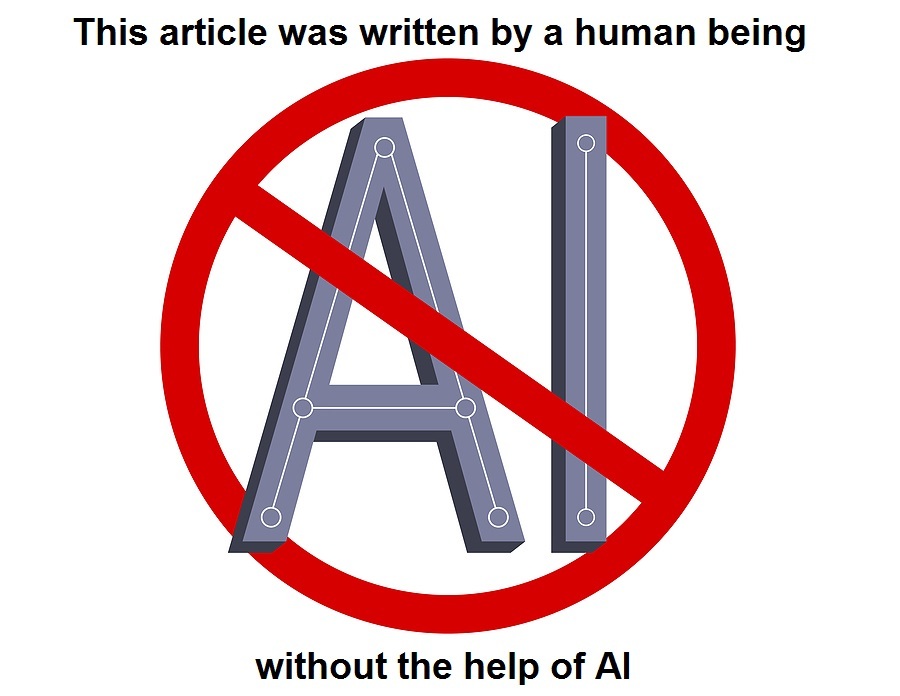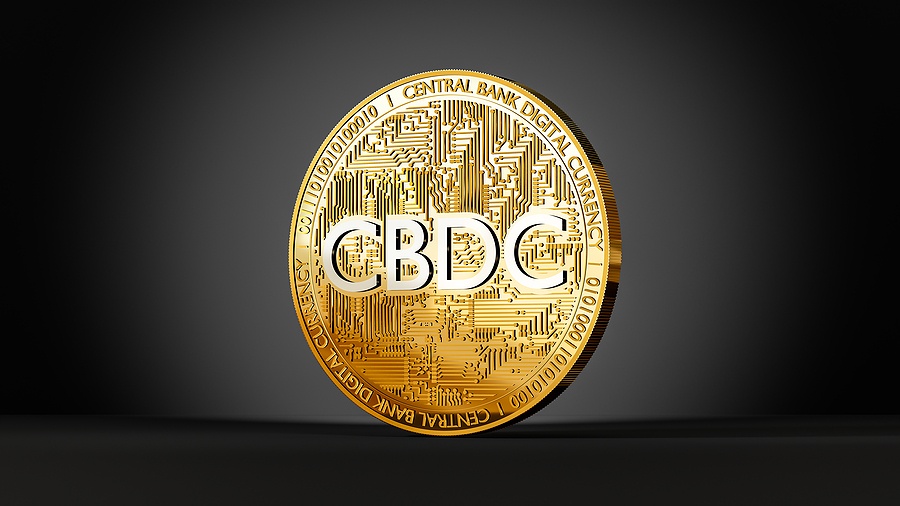for Brian Shilhavy
Editor, Health Impact News
Imagine a world where you can’t buy anything in a retail store, online, or access the cash in your bank account unless you first use your mobile phone to scan your face to prove your identity.
You’re sure your face image is “safe” and never shared or sold to third-party advertisers, but now every time you scan your face to make a financial transaction, a new digital image of your face is stored face somewhere, where it can be found. hacked or sold to the highest bidder.
Now, every time you go out in public where today there are cameras everywhere, from the cameras on your neighbor’s doors to the cameras on the street lights and traffic signs, even the cameras in and around of your car, someone with the technological know-how could Literally track every step you take and everywhere you go, who you meet, and possibly even everything you say and do with that person, because your document of national identity is now linked to the face scan you have to use constantly with your digital ID. .
Does this sound like a futuristic sci-fi movie? Because I assure you it’s not, and if you’re not prepared for the push to give up your biometrics like facial scans, palm scans, and iris scans to get an ID that soon it will be necessary to participate in the economy, even when you shop and bank online, you will probably be completely helpless to resist it.
And it will come soon, very soon, as the Bank for International Settlements (BIS) and the Bank of England are already testing this system, as is the US.
Digital IDs will precede CBDCs
Digital IDs will precede the adoption of central bank digital currencies, and yesterday it was announced that UK sovereign identity and payments firm Nuggets has developed a digital wallet solution for the retail market and a central bank digital currency of the United Kingdom.
UK financial authorities work with industry on digital ID, US regulator signals support
UK sovereign identity and payments firm Nuggets has worked on developing a digital wallet solution for a retail use case for a potential UK central bank digital currency.
A CBDC is a digital version of a state’s fiat currency, such as the US dollar or the euro, backed by a central bank. However, they are different from the likes of Bitcoin or Ethereum in that they run on a private blockchain controlled by a government.
The work was produced as part of Project Rosalind’s Phase 2 TechSprint, a joint initiative of the Bank for International Settlements (BIS) and the Bank of England, which leverages private sector companies to develop real-world use cases for to CBDC.
According to a BIS statement, the aim of the project “is to explore how this interface would better enable a central bank ledger to interact with private sector service providers to deliver retail payments securely”.
According to the announcement, Nuggets worked with Rosalind’s APIs in a sandbox environment to create a CBDC account.
The company then used CBDC to make retail payments with verifiable receipts, make a CBDC micropayment, and tested the ability to freeze, unfreeze and delete the CBDC account. (Full article.)
And while some GOP politicians allegedly oppose CBDCs and even try to pass bills at the state level to prevent them, I don’t think anyone opposes the adoption of digital IDs that require biometrics, which is the most immediate threat.
In fact, quite the opposite is happening as lawmakers are being proposed to adopt digital IDs due to the “AI threat” where biometric IDs are seen as necessary to prevent identity theft.
The US Consumer Protection Bureau takes a look at digital identification
US regulators may be realizing the value of digital identity when it comes to fraud prevention.
The comments came during the Consumer Financial Protection Bureau’s semiannual report, where director Rohit Chopra answered questions from members of Congress.
Bill Foster, representative of the 11th congressional district of Illinois, highlighted the risks of using generative artificial intelligence to defraud consumers, for example, how “voice cloning” is used to deceive people of their money
Foster touched on the idea of offering all citizens “digital identity” to act as “digital proof” or identity as a way to combat these risks and help consumers.
In response, Chopra said, “This identity verification problem, I think if we can solve it as a core part of the infrastructure in our country, we could also reduce a lot of fraud.
They add that: “The benefits would be great for market participants as well.”
“You can see that the jurisdictions where they’ve implemented this digital layer are reaping a lot of benefits,” he explains.
However, the regulator did not provide many details about the actual implementation of these digital identities for US citizens, saying that “the question is how you actually do it.”
Chopra did acknowledge that, “People should at least know if they’re talking to a human.”
Many welcomed the statement, with Jeremy Grant, the managing director of law firm Venables LLP, saying it was “fascinating” that a banking regulator was addressing digital identification as an infrastructure issue in a post by Twitter. (Full article.)
As we reported last month (May 2023), 44 percent of Americans now log into their online accounts with biometrics, rather than a password, and more than half of Americans d Today, 58 percent say they are interested in replacing their account. passwords with biometric passkeys. I will see:
44% of Americans now use biometrics instead of passwords to log into their accounts: We’re closer to a one-world financial system
Undoubtedly, the bulk of that 44% of Americans who use biometrics are Apple phone owners who already use biometrics like fingerprints for identity.
An article written by PCMag.com’s Michael Kan reported today that Apple is phasing out passwords in favor of biometric passkeys. So soon, you won’t be able to use an Apple phone without those biometric passkeys.
Password phasing out: Apple will automatically assign a passkey to each user
Apple is taking a big step toward ending traditional passwords by automatically enrolling users in the industry alternative known as Passwords.
The company plans to do this when it releases iOS 17, iPadOS 17 and macOS Sonoma later this year, probably around September. Once developed, the operating systems will automatically assign a passkey to the user’s Apple ID, according to the company.
This means users won’t have to type in their Apple ID and password when signing in to an Apple website. Instead, they can just scan their fingerprint, face or type a PIN code to unlock access, the same way existing smartphones can.
The change is already rolling out to public betas for iOS 17, iPadOS 17, and macOS Sonoma, allowing test users to sign in to iCloud and Apple.com with a passkey.
Expanding the use of passkey could help the adoption of mainstream security technology. Currently, Apple already offers support for passkeys for third-party websites, but it’s up to customers to use it when many have no idea the option even exists. The other problem is that not many third-party websites accept passkeys. But now it looks like Apple’s own websites are starting to support the security technology, joining Google. (Source.)
Hold out! Protect your personal biometric data!

It will take time to implement all these technologies, so NOW is the time to start resisting and preparing for the battle that lies ahead when the globalists and their political puppets try to force everyone to use a national ID to participate in the economy and roll. outside CBDC.
Don’t shop at stores that offer palm scans, fingerprints, and face scans to make a purchase. Don’t give away your personal data on your mobile phone to make your life easier by being able to log in faster after you provide your fingerprint, face scan, palm scan, etc.
I have a cell phone that has a place on the back to scan my fingerprint and I have it covered with electrical tape. I also put a cover on the camera that can be slid off if I ever want to use the camera.
If you shop at a large store that has lots of cameras and records you when you shop, you may want to consider covering your face and wearing dark glasses so your biometrics aren’t taken without your consent.
If enough people resist at the beginning, which is NOW, it will be much harder for them to pull this all off.
Local businesses and banks will also have to resist this, but unless there are enough people in the public demanding that they offer their services WITHOUT biometric identifiers, businesses will have little incentive to resist.
Related:
Get ready for World ID and WorldCoin Universal Basic Income offering free money in exchange for your eyeball scan
Apple files more patents on biometric IDs: Is the iPhone now the baddest device on the planet?

See also:
Understand the times we are currently living in
Who are the children of Abraham?

The Brain Myth: Your intellect and thoughts originate in your heart, not your brain

God will not be fooled: a person reaps what he sows

An invitation to technologists to join the winning side

“Dataism” Is the New Religion of AI and Transhumanism: Those Who Own and Control Data Control Life

The God of All Comfort

Fact Check: “Christianity” and the Christian religion are NOT found in the Bible – the person Jesus Christ is

How to determine if you are a disciple of Jesus Christ or not

Synagogue of Satan: Why It’s Time to Leave the Corporate Christian Church

What happens when a holy and just God gets angry? Lessons from history and the prophet Jeremiah

Insider exposes Freemasonry as the world’s oldest secret religion and Luciferian plans for the new world order

Posted on June 21, 2023

